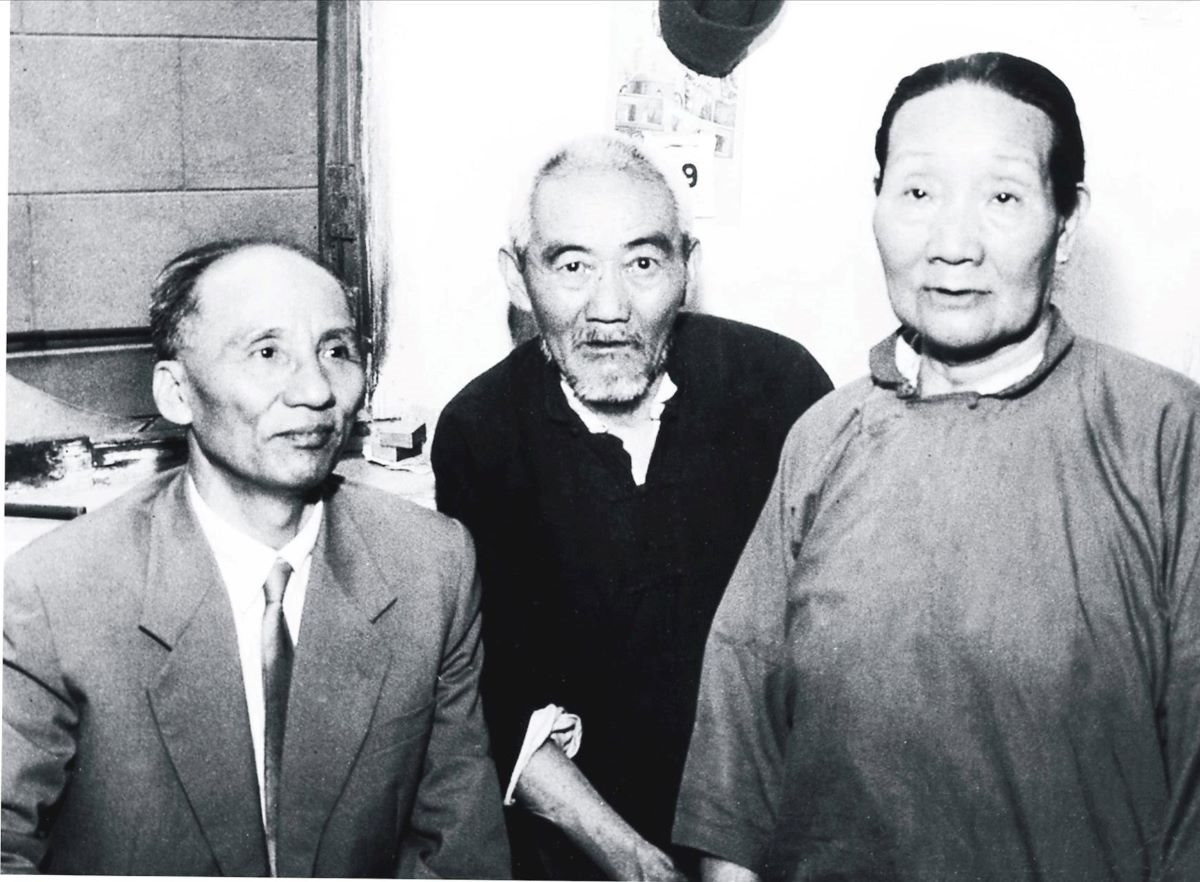
The fear of the enemy
Despite having to face the enemy's brutal torture, comrade Nguyen Luong Bang never wavered in spirit, remaining loyal to the Fatherland and the people. The name Sao Do is not only a shining example for revolutionaries, but also a fear for the enemy.
In early May 1931, while he was conducting revolutionary activities in Shanghai (China), comrade Nguyen Luong Bang was ambushed and arrested by secret police at his office. That very evening, they used all kinds of torture but could not get any information out of him. In July 1931, the French secret police escorted him by ship from Shanghai to Saigon. In June 1932, he was tried by the Colonial Court in Hai Duong and sentenced to life in prison. In July 1932, comrade Nguyen Luong Bang was escorted back to Hoa Lo Prison, Hanoi by French secret police.
At Hoa Lo Prison, comrade Nguyen Luong Bang was trusted by the Party Cell to be elected to the Prison Party Committee. He discussed with his comrades that at any cost they must find a way to escape and claim to be sick, then ask to be treated at Phu Doan Hospital, from there they would escape. His comrades agreed with this plan. After devising a way for the other comrades to be treated in the hospitals, comrade Nguyen Luong Bang found a way to be treated by pretending to commit suicide. He used a knife to cut his neck, then stood up and gave a speech to his comrades in the prison. The blood from his neck soaked his collar and spread all over his body. As soon as he lay down, his fellow prisoners shouted: "Red Star is dead!" The prison guards had to take him to Phu Doan Hospital for emergency treatment. According to the plan, in the middle of Christmas Eve, December 25, 1932, comrade Nguyen Luong Bang and 6 other comrades successfully escaped from prison...
At the end of 1933, during a business trip to Bac Giang, comrade Nguyen Luong Bang was captured by the enemy. The French secret police used all kinds of brutal torture to torture him, but still could not extract any information from him. They brought him to trial at the Bac Giang Court and sentenced him to life in prison.
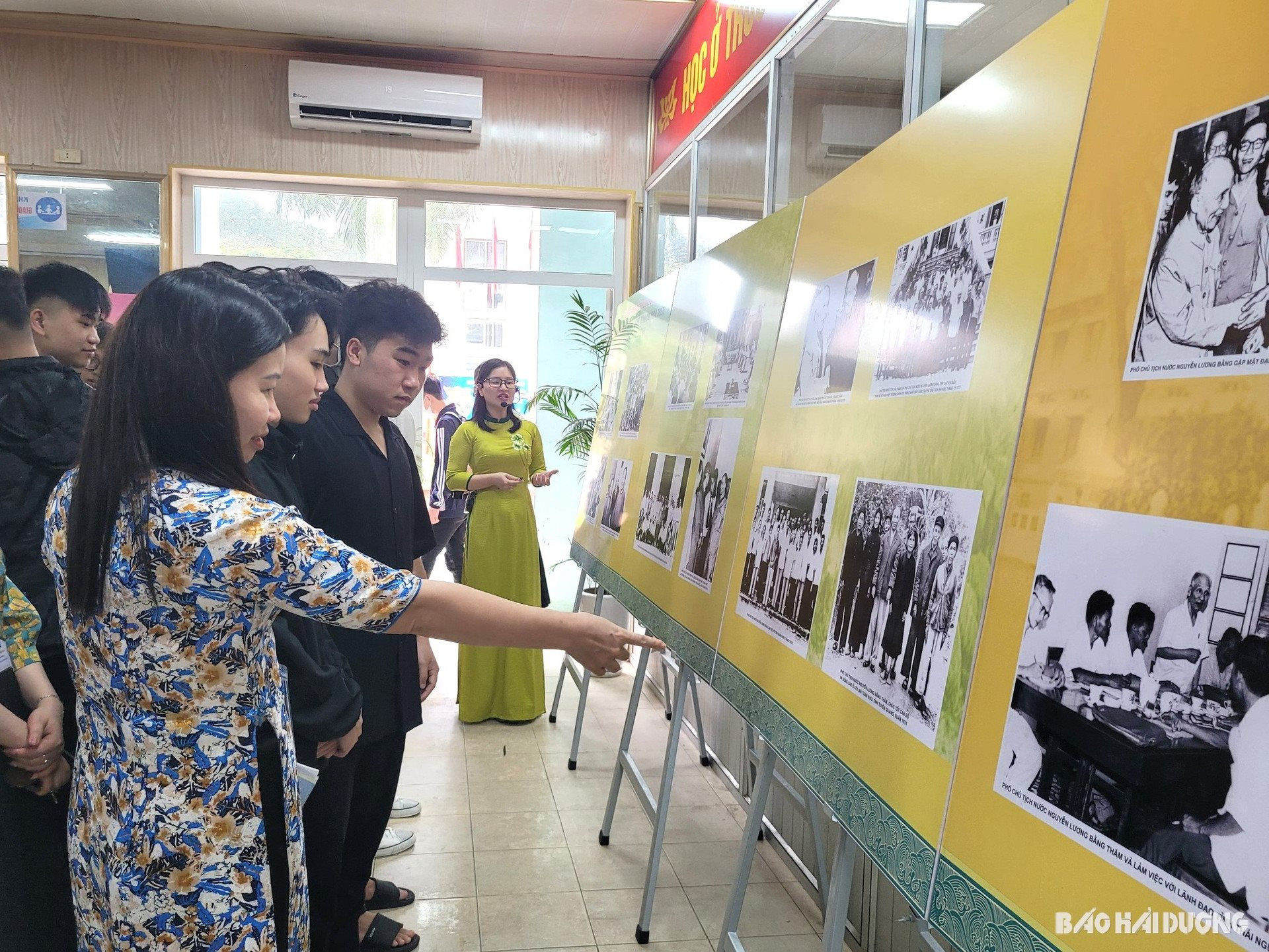
Turning colonial prisons into revolutionary schools
Around May 1935, comrades Truong Chinh, Nguyen Luong Bang and 50 other prisoners from Hoa Lo prison were exiled to Son La prison by the enemy.
As soon as they arrived at Son La prison, comrades Truong Chinh, Nguyen Luong Bang... immediately organized the Prisoners' Relief Association to fight for the rights and protect the lives of prisoners. Thanks to that, the health of prisoners improved, and the death rate decreased compared to before. After 9 months in Son La prison, the chief of the mission, Saint Pu-lop, ordered comrade Nguyen Luong Bang and a number of other prisoners with heavy sentences to be chained. When the soldiers came to arrest him and take him out to be chained, he strongly objected and refused to go. The prison warden was forced to set a condition: either his legs would be chained or he would be in a bunker. The comrade was accepted into the bunker.
Right from the moment he entered the bunker, comrade Nguyen Luong Bang advocated a fierce struggle and sometimes bloodshed for the enemy to give in. With the consent of his fellow prisoners, comrade Nguyen Luong Bang informed the brothers in the bunker to respond. After finishing preparations, he used his blood to write on the wall slogans: "Down with the harsh prison regime", "Long live the revolution". Waiting for meal time, he slashed his tongue and held the blood in his mouth, lying straight. The guard opened the door and saw him lying there, blood flowing everywhere, soaking his shirt red. He panicked and went to report to the warden. The warden quickly called the doctor in. The doctor was sympathetic to comrade Nguyen Luong Bang, only gave him a cursory examination and then asked the warden to let him out of the bunker. The warden had no choice but to take him to the hospital. From then on, they did not dare to chain or imprison in the bunker any more brothers with heavy sentences...
In Son La prison, comrade Nguyen Luong Bang was the spiritual support for other comrades. He organized study and training activities, and encouraged everyone to overcome hardships together. Comrade Nguyen Luong Bang and his comrades turned the colonial and imperialist prison into a school for revolutionary struggle and cultural study, improving theory, strengthening faith in the victory of the revolution, and maintaining the will to fight. The years of study and training in the imperialist prison were a particularly important period in the revolutionary life of comrade Nguyen Luong Bang.
At the end of 1943, the Party cell in Son La prison organized for him to escape, return to participate in revolutionary activities, and build a safe zone on the outskirts of Hanoi. He was elected as an alternate member of the Party Central Committee, and was assigned to be in charge of the Party's financial and military affairs.
During the years of imprisonment in imperialist prisons, comrade Nguyen Luong Bang always demonstrated a resilient and indomitable revolutionary fighting spirit. Evaluating the achievements of comrade Nguyen Luong Bang as well as many generations of revolutionary soldiers imprisoned in imperialist prisons before the August Revolution in 1945, President Ho Chi Minh affirmed that they had “turned misfortune into fortune, our comrades took advantage of their days in prison to hold meetings and study theory. Once again, this proved that the extremely barbaric terror policy of the enemy not only failed to hinder the progress of the revolution, but on the contrary, it became a kind of fire that tested gold, it trained the revolutionaries to be even more steadfast”.
Dr. LE THI HIEN, Ho Chi Minh National Academy of PoliticsSource




![[Photo] Phuc Tho mulberry season – Sweet fruit from green agriculture](https://vstatic.vietnam.vn/vietnam/resource/IMAGE/2025/4/10/1710a51d63c84a5a92de1b9b4caaf3e5)

![[Photo] Prime Minister Pham Minh Chinh chairs meeting to discuss tax solutions for Vietnam's import and export goods](https://vstatic.vietnam.vn/vietnam/resource/IMAGE/2025/4/10/19b9ed81ca2940b79fb8a0b9ccef539a)

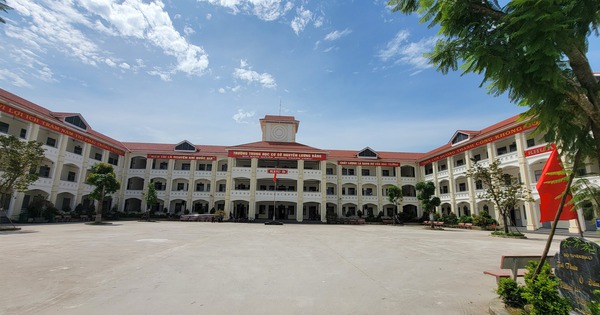


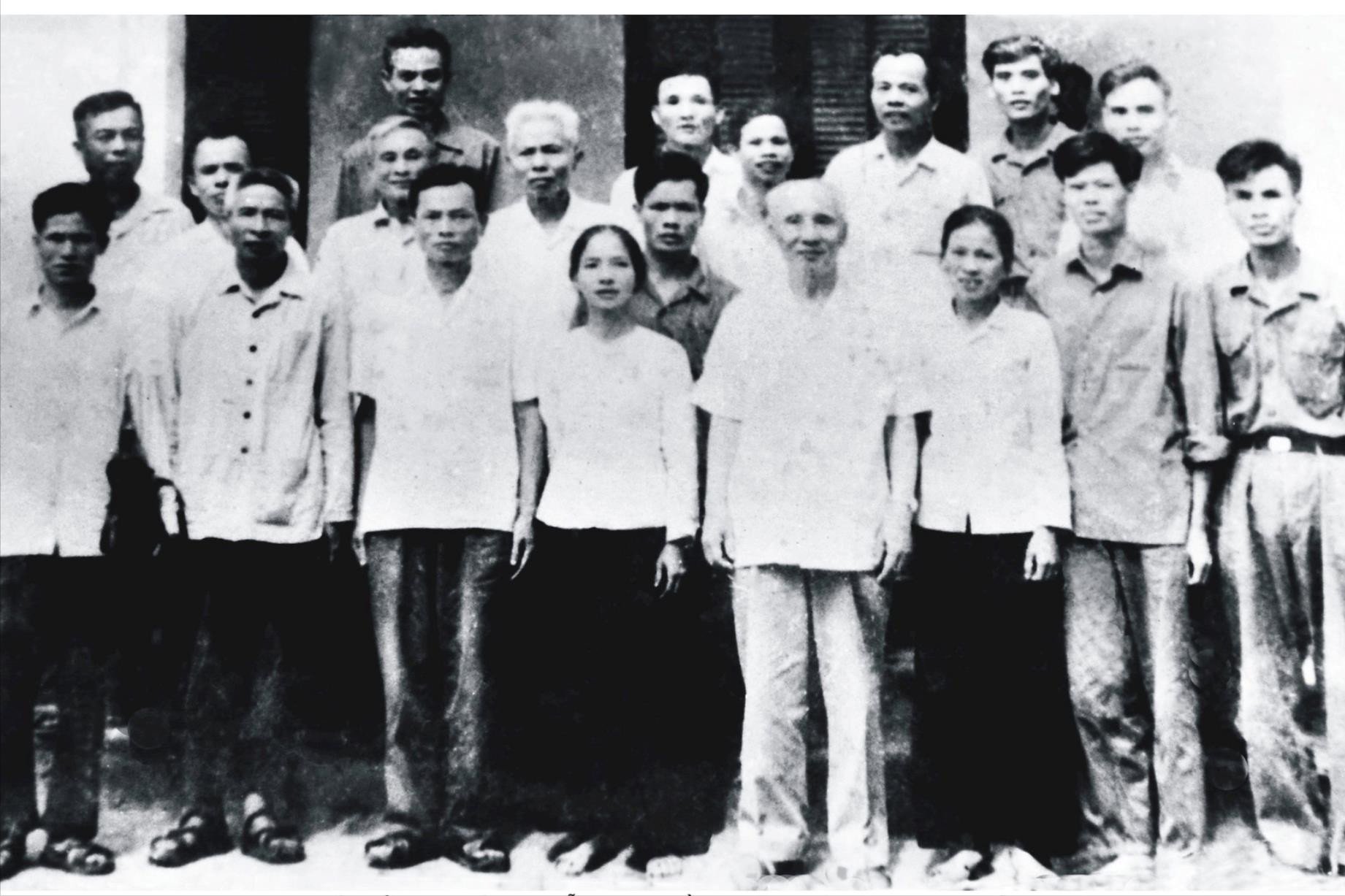
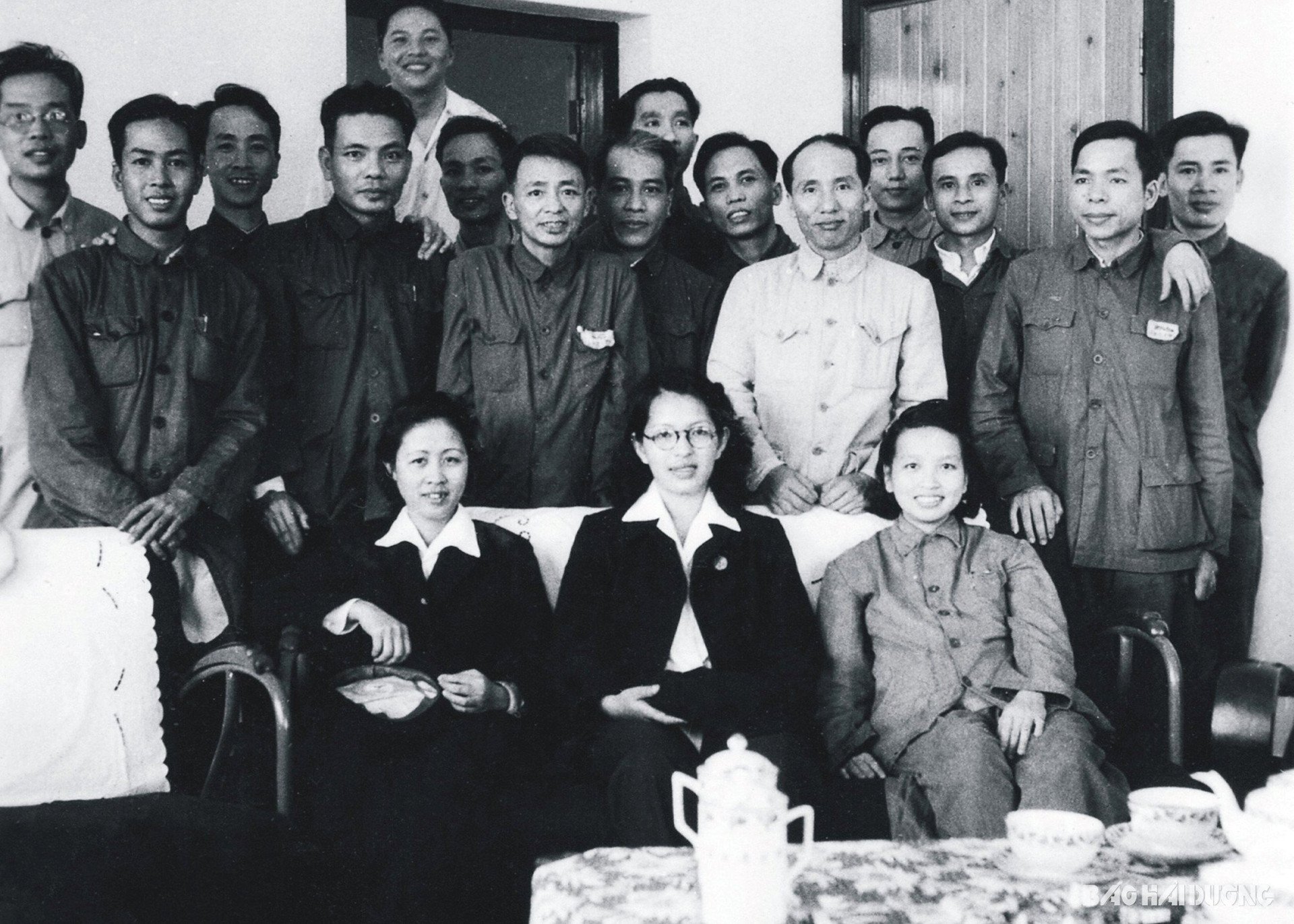
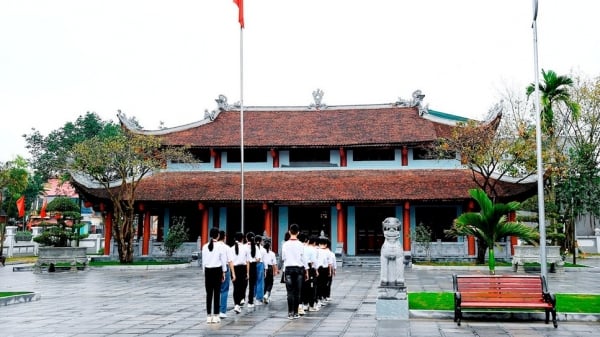

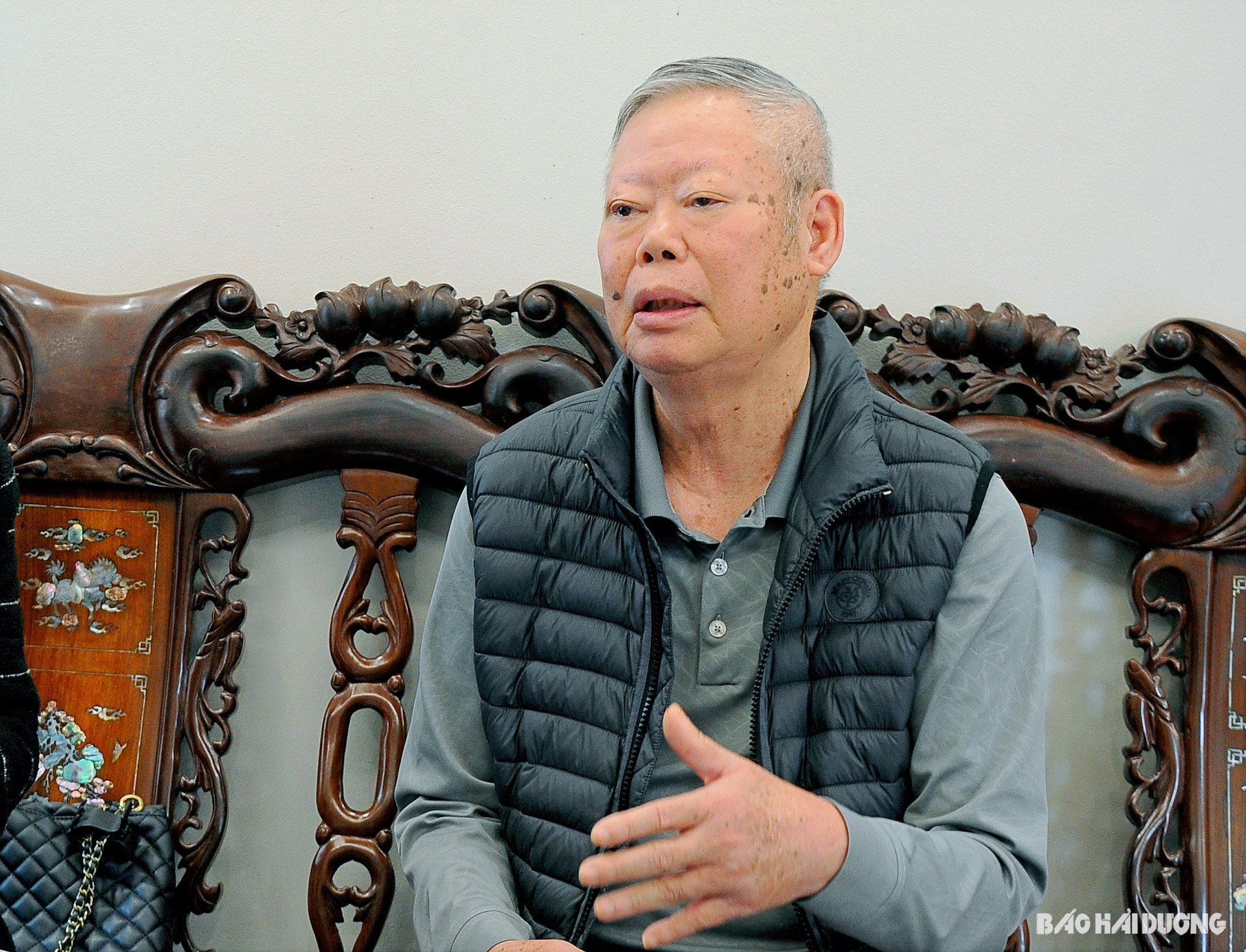
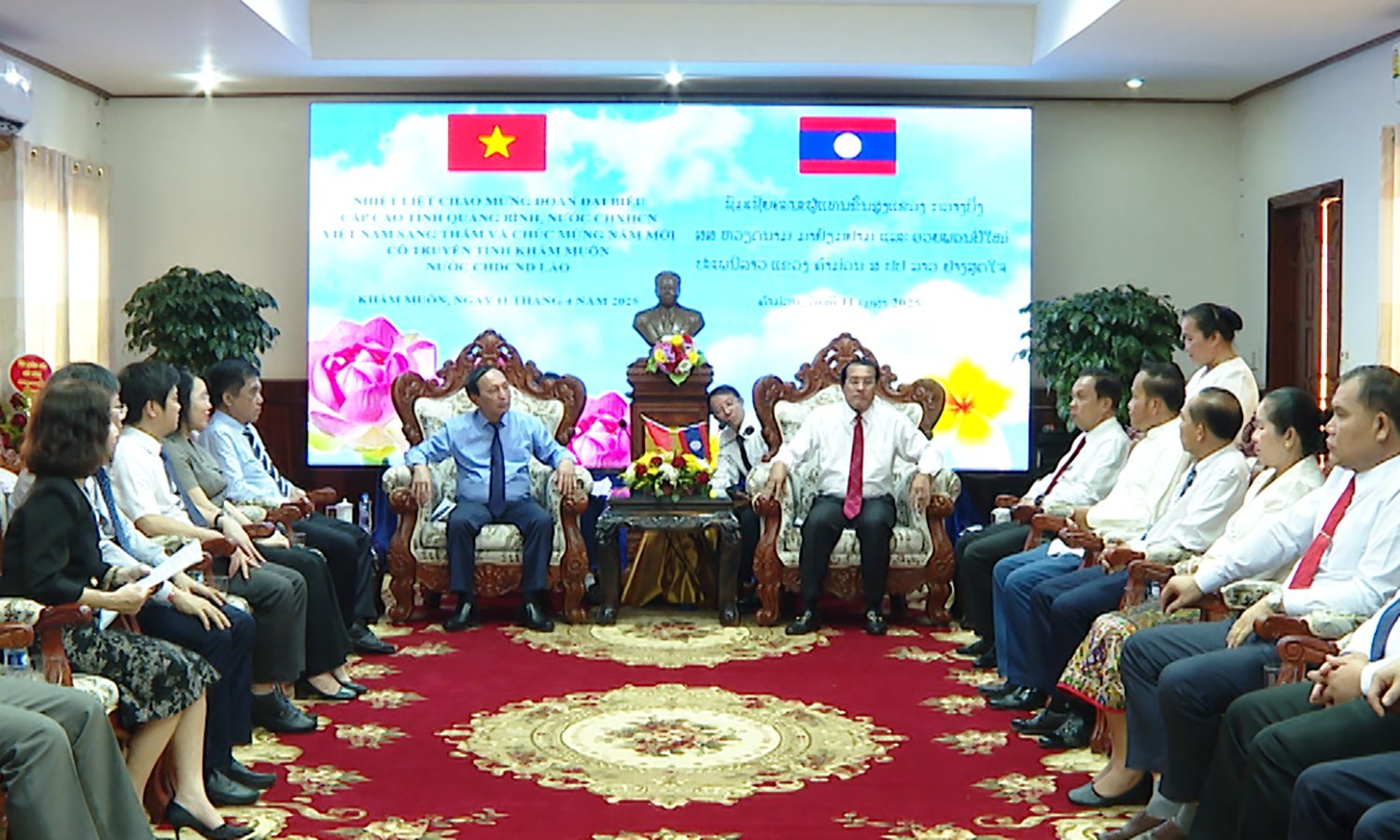
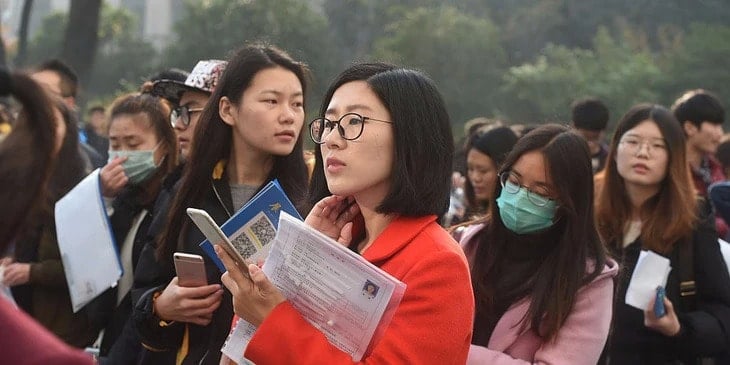



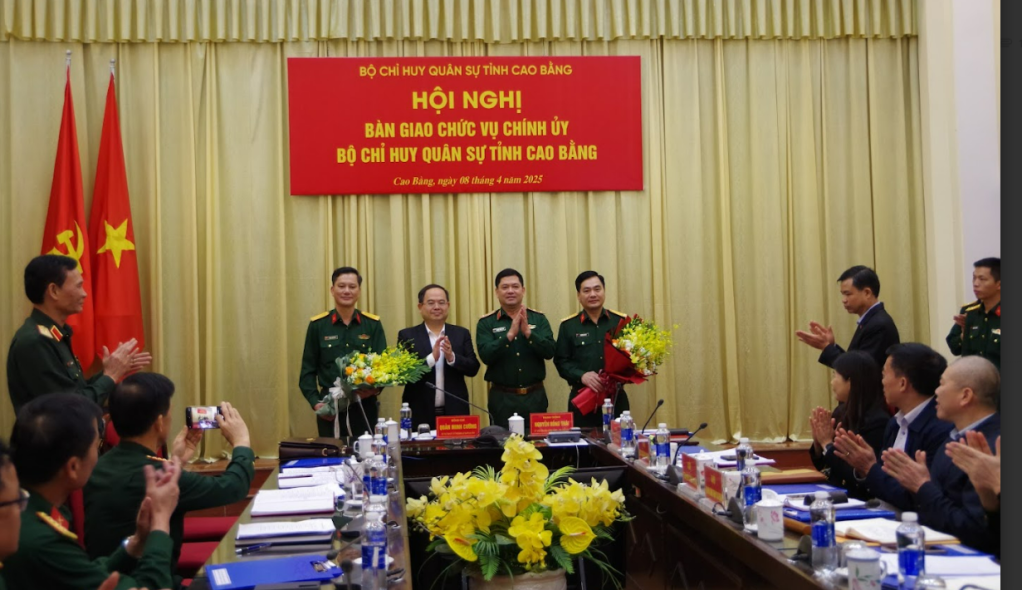





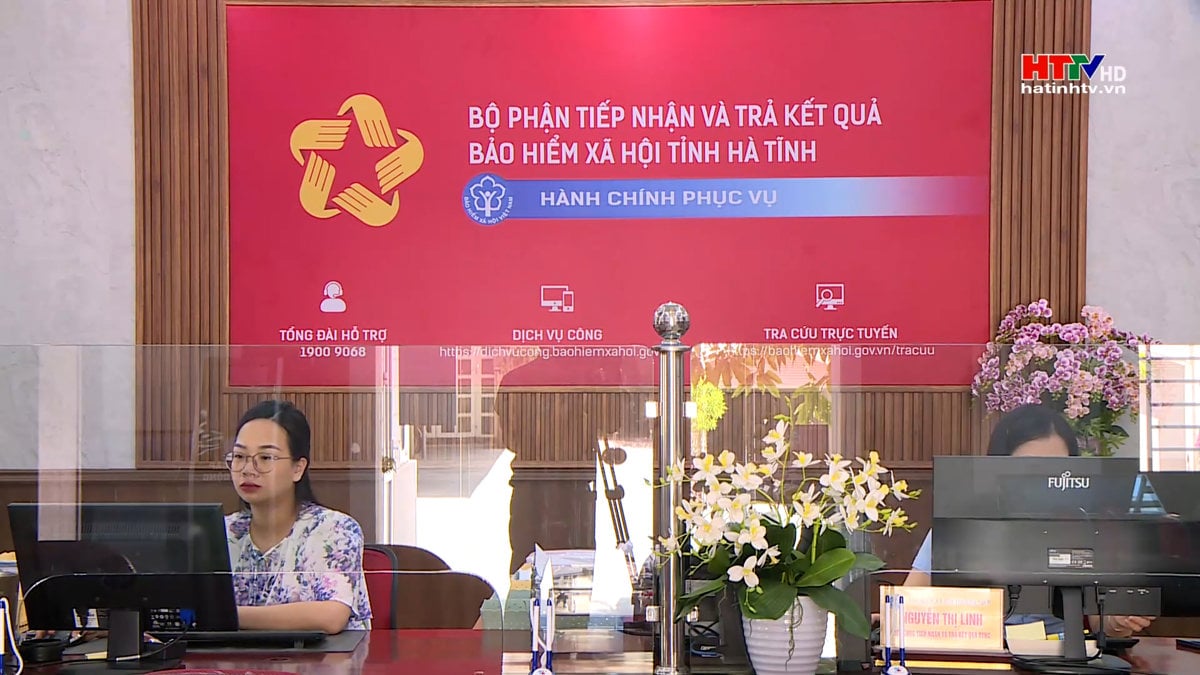
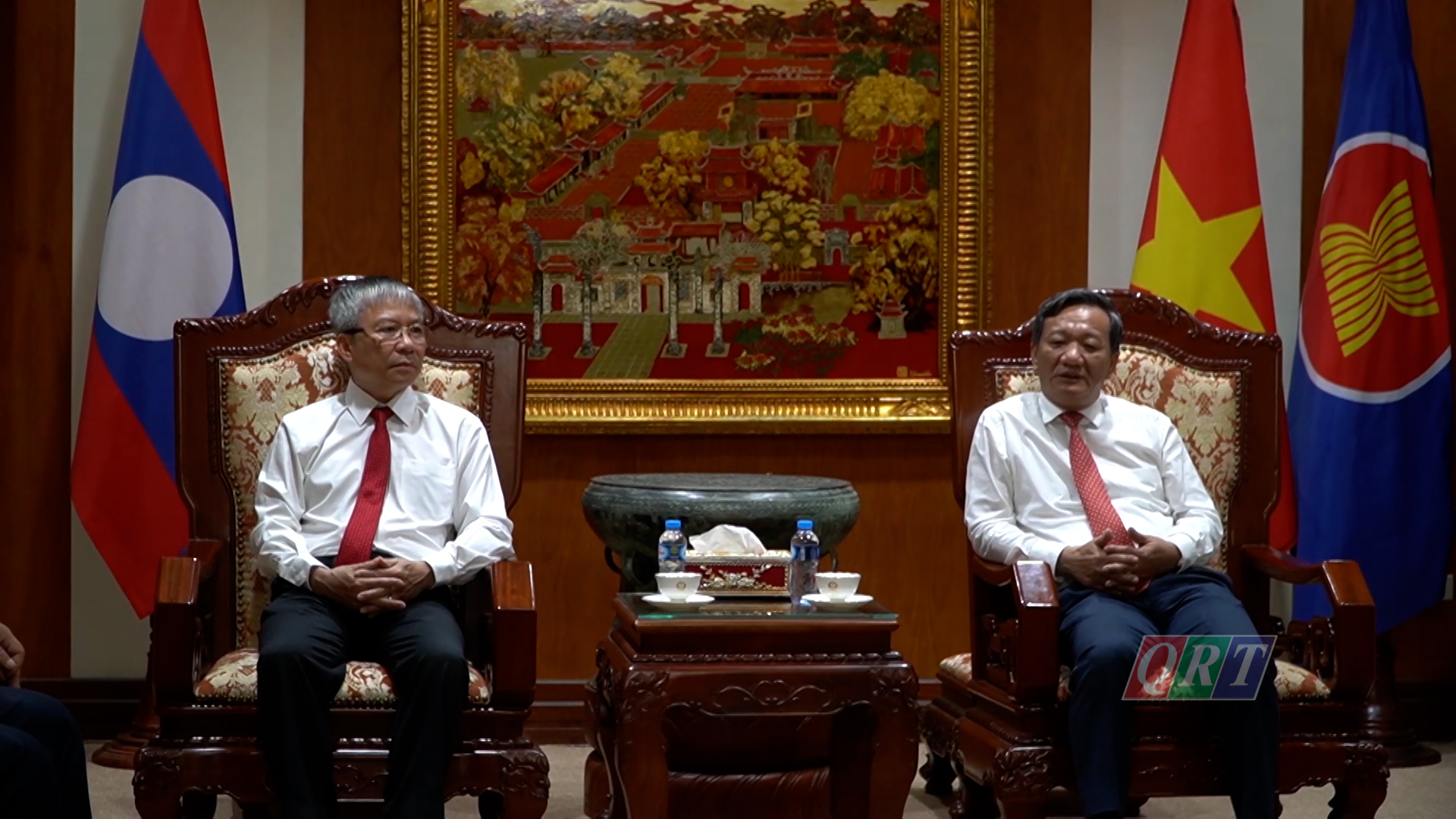
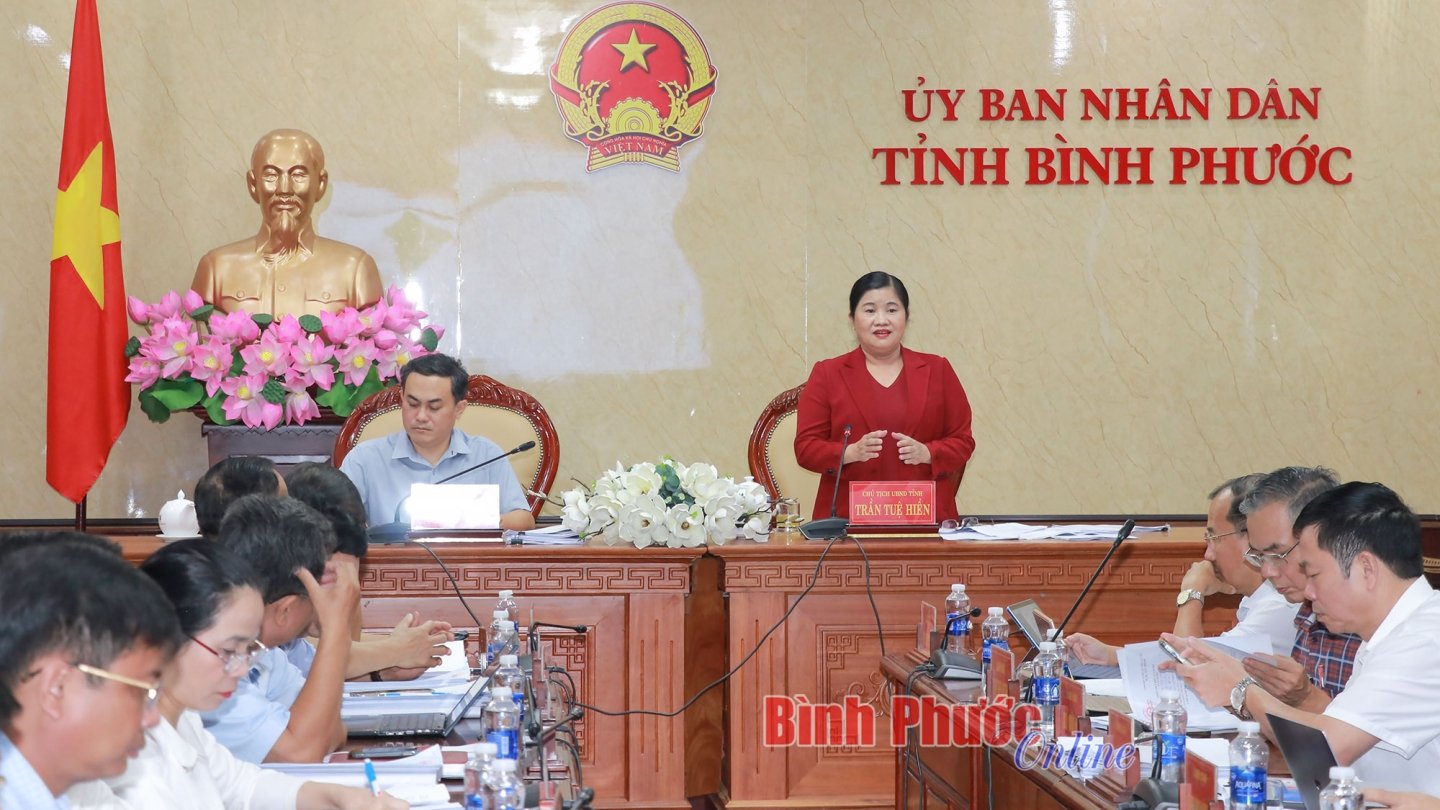


![[Photo] Summary of parade practice in preparation for the April 30th celebration](https://vstatic.vietnam.vn/vietnam/resource/IMAGE/2025/4/11/78cfee0f2cc045b387ff1a4362b5950f)







































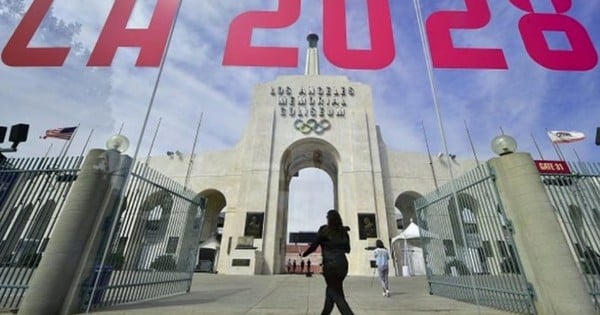



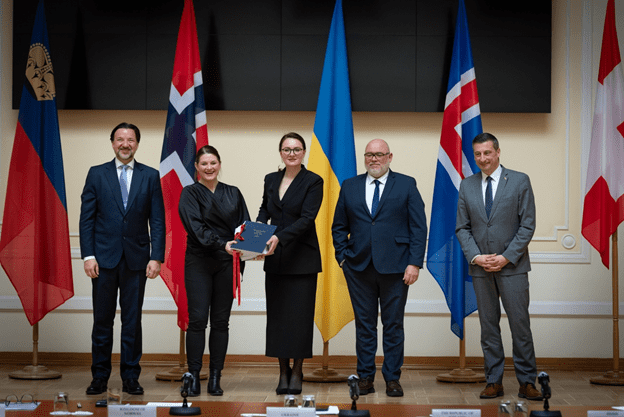
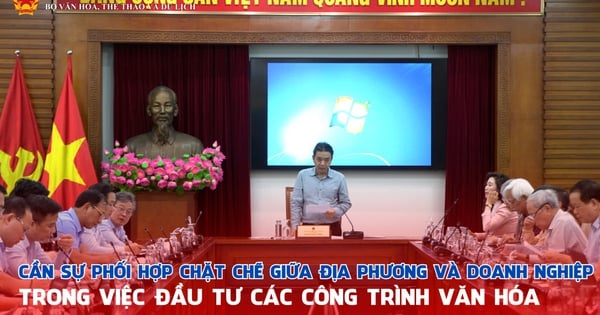
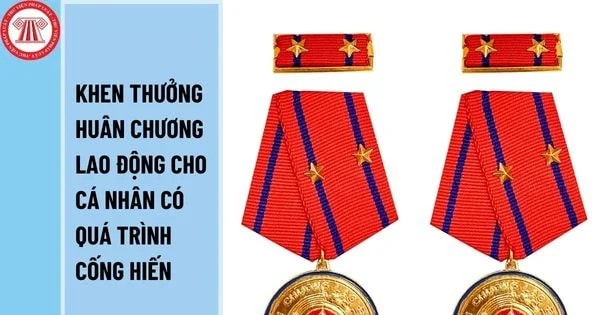

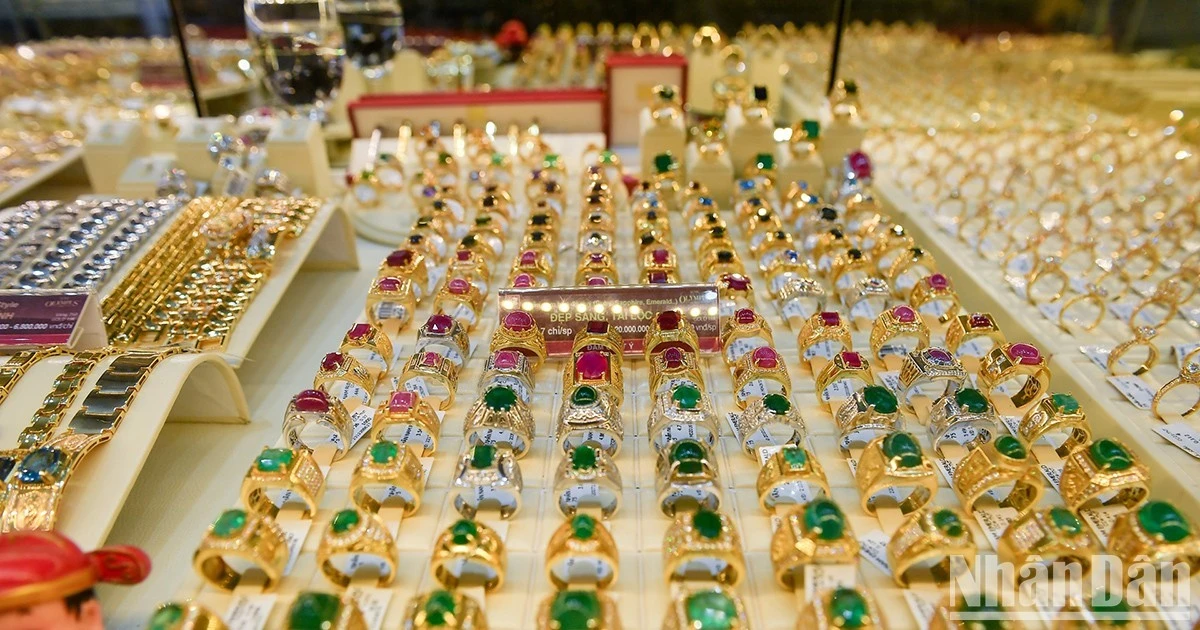



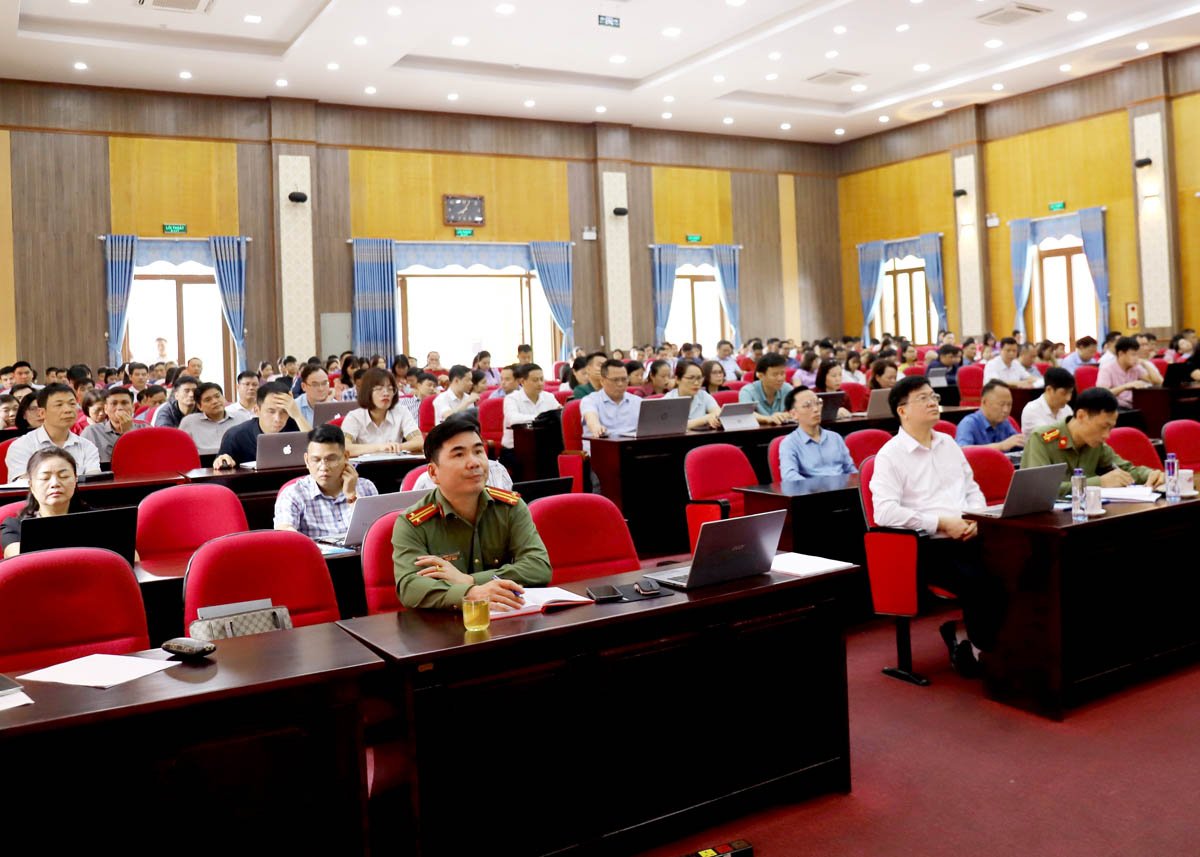










Comment (0)